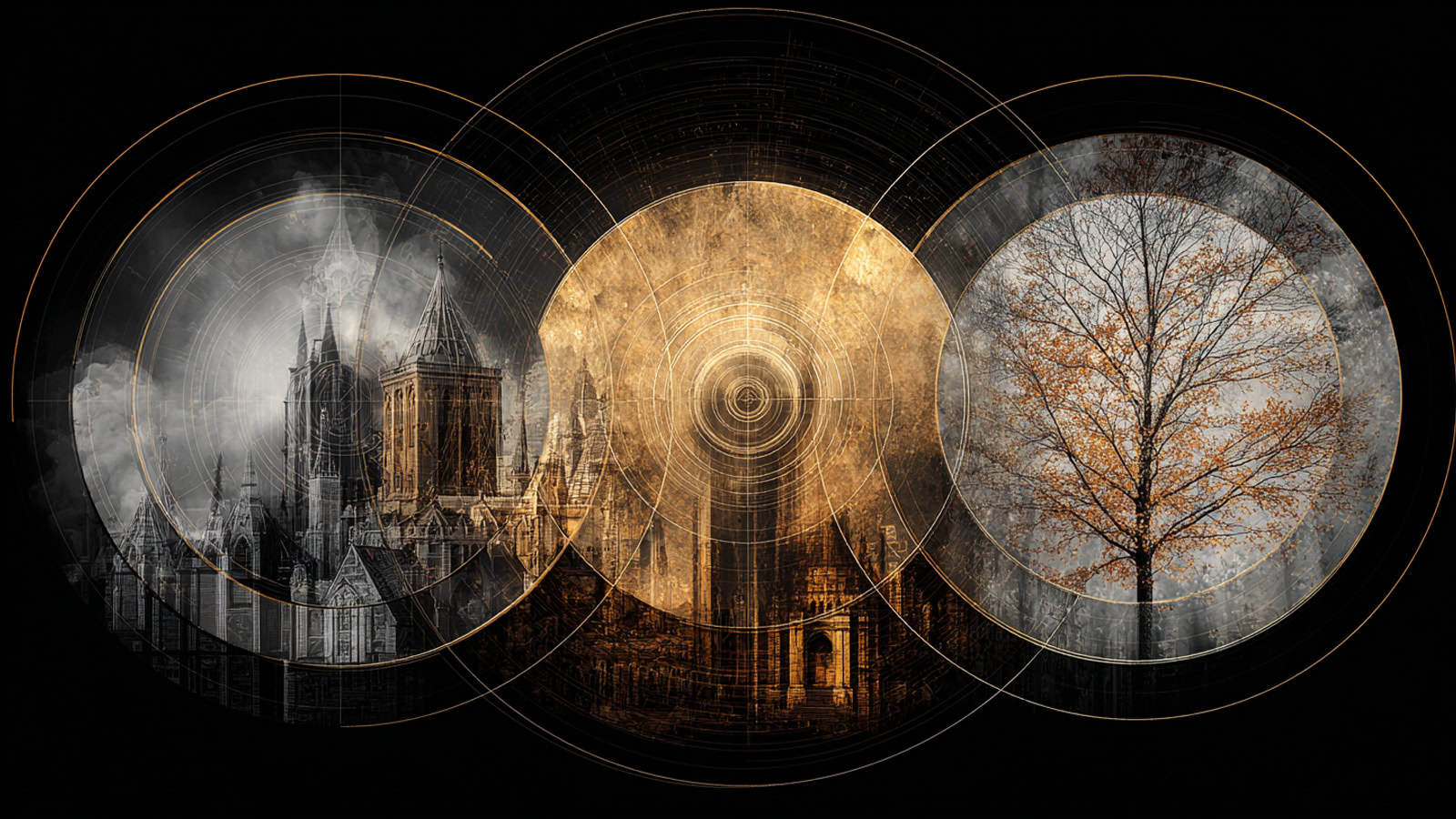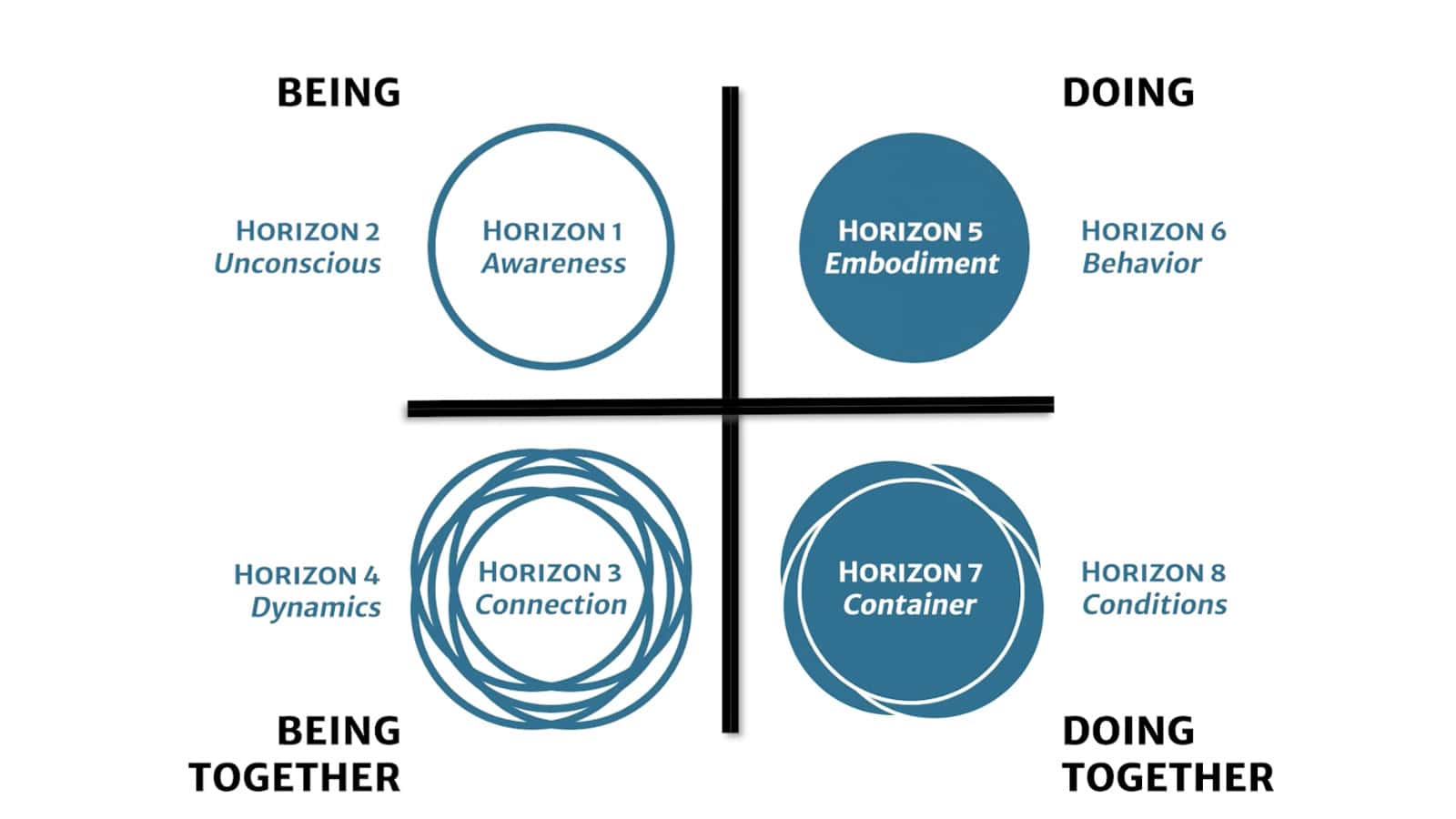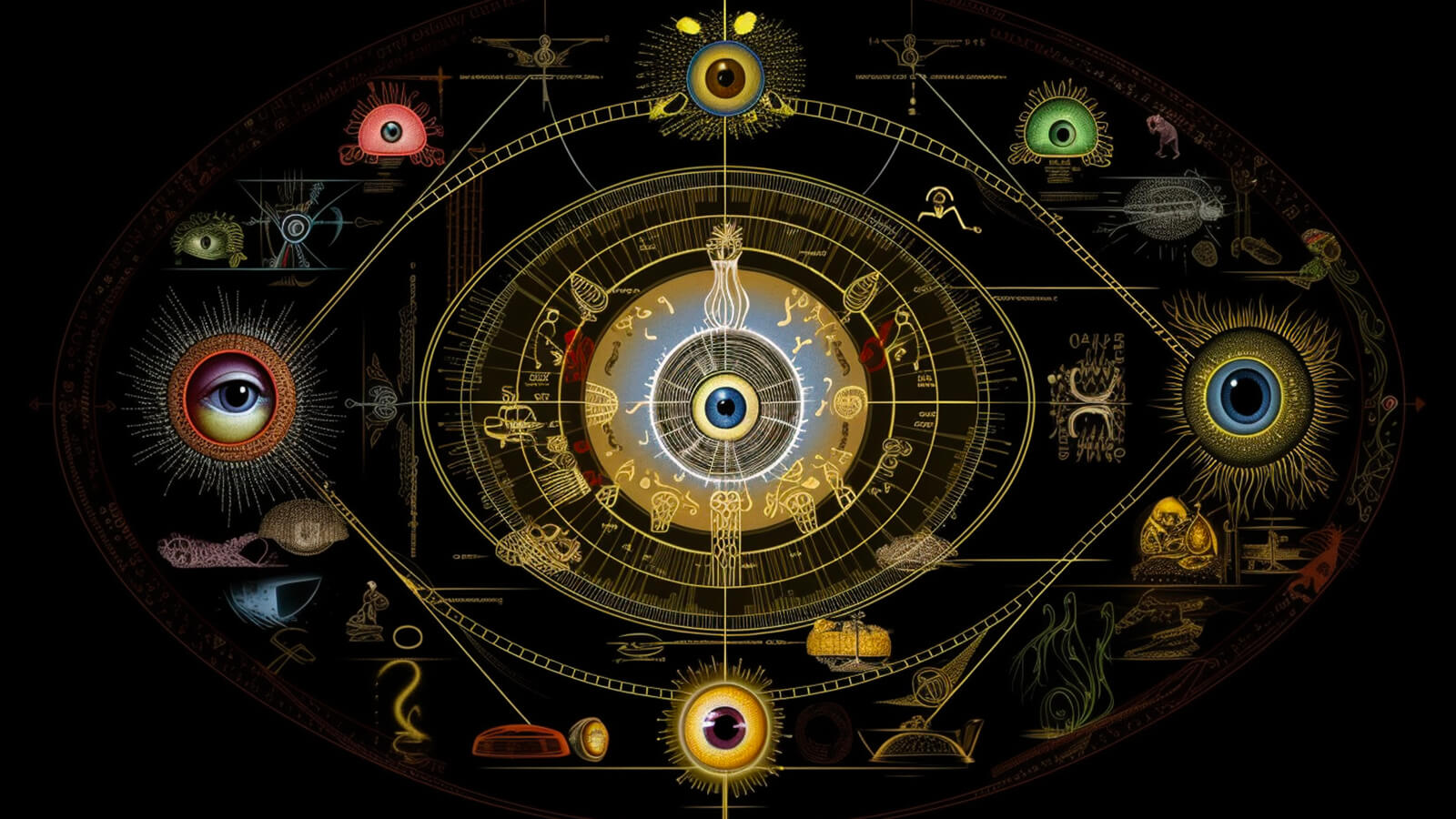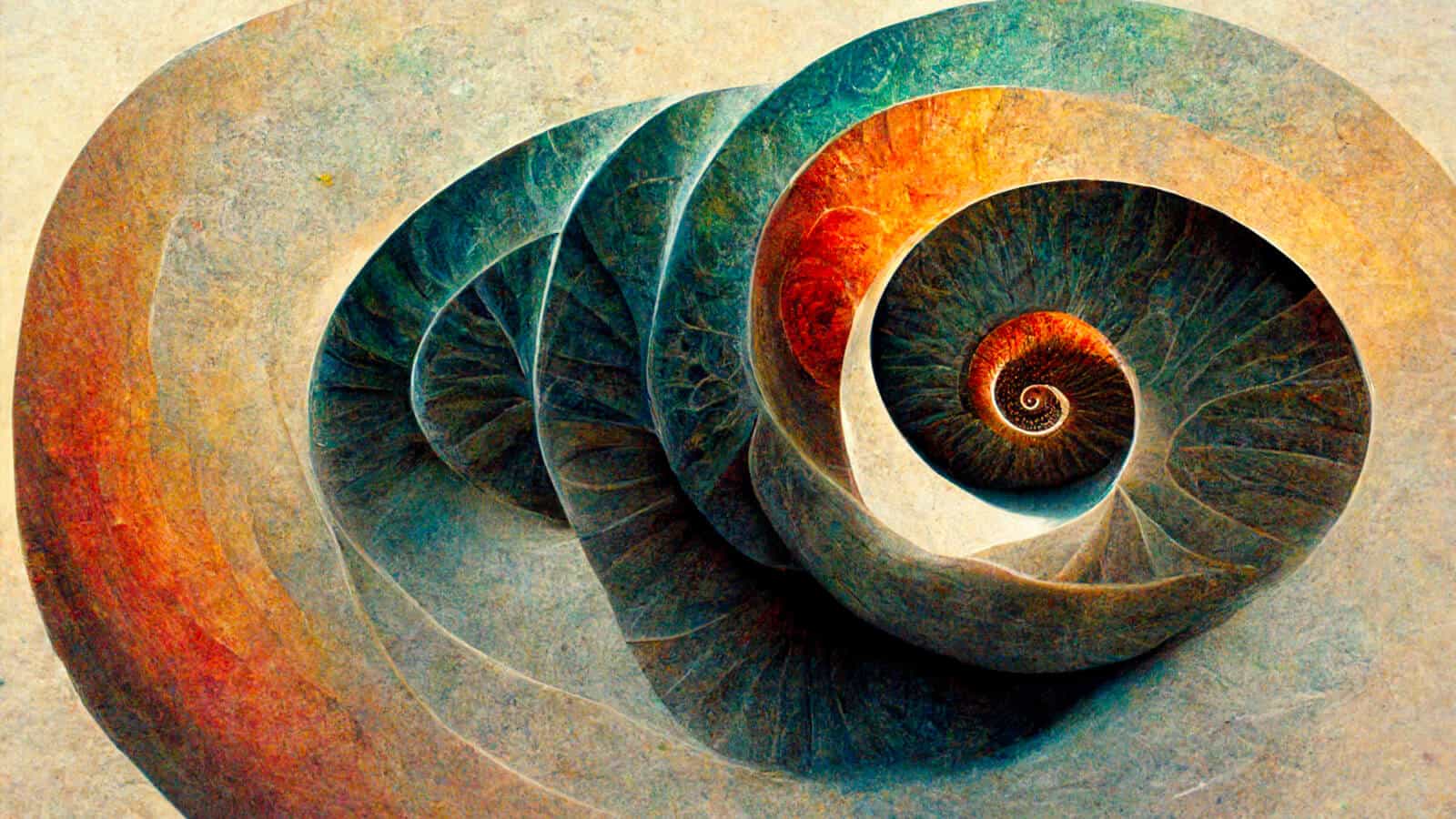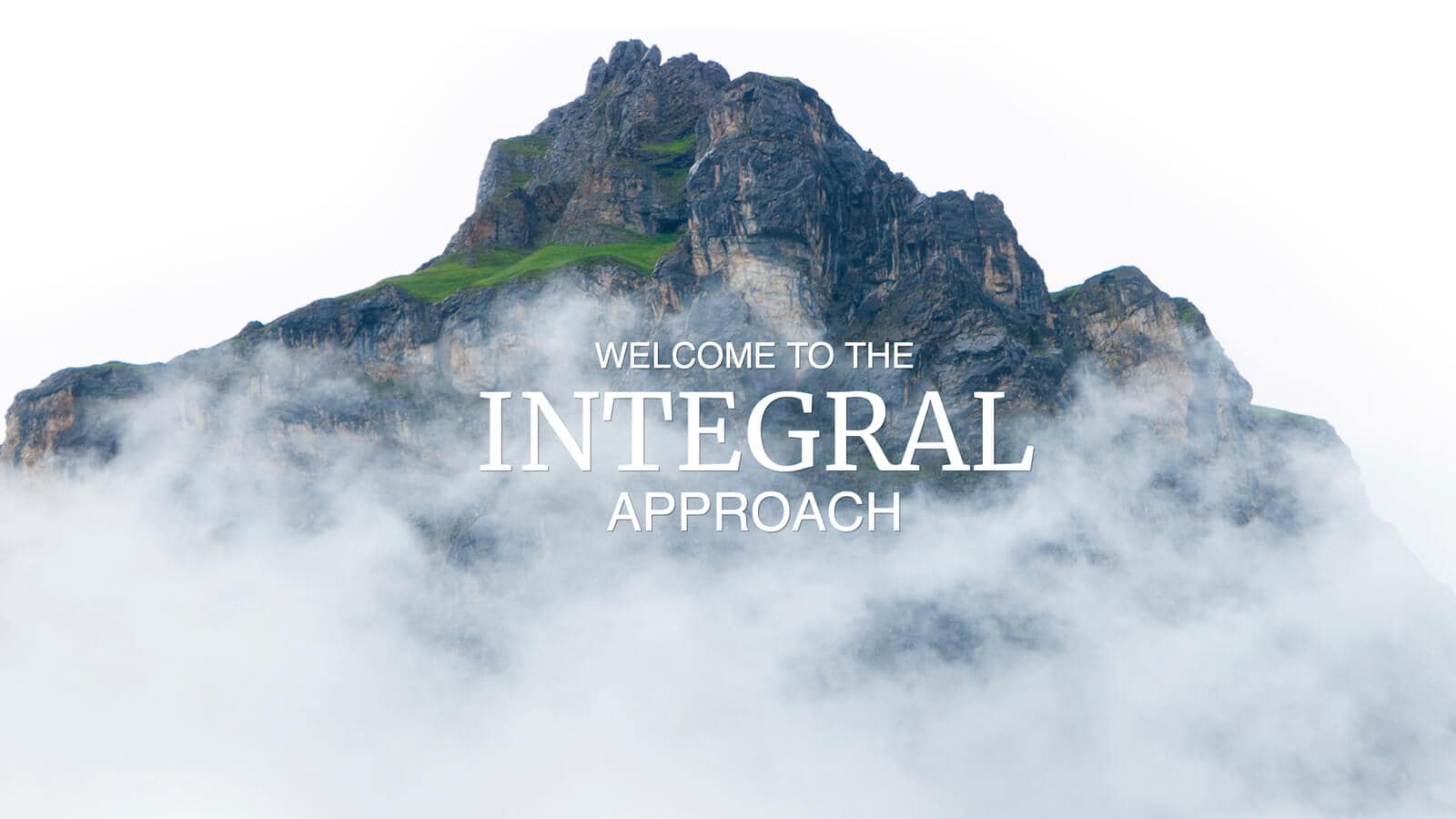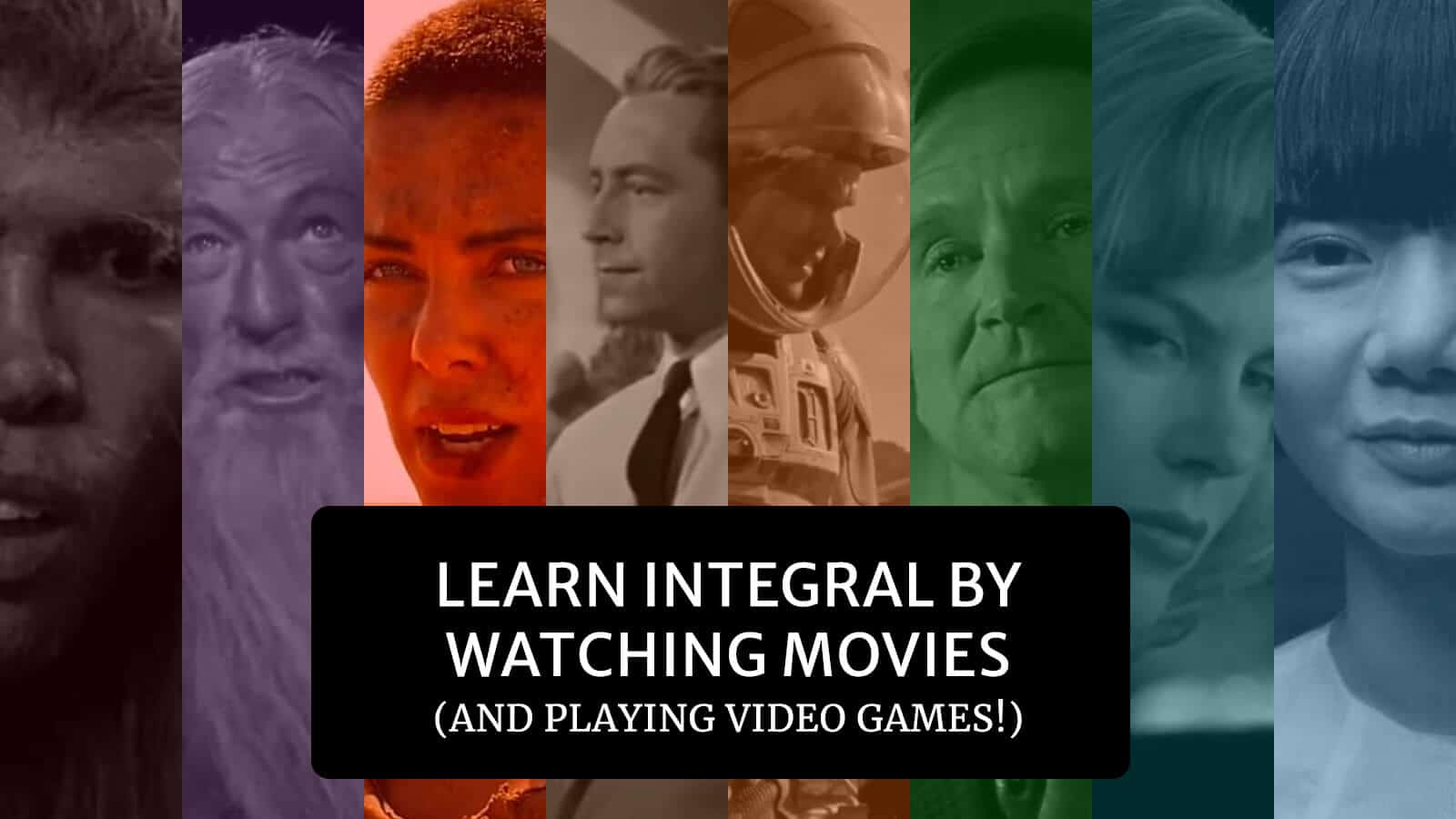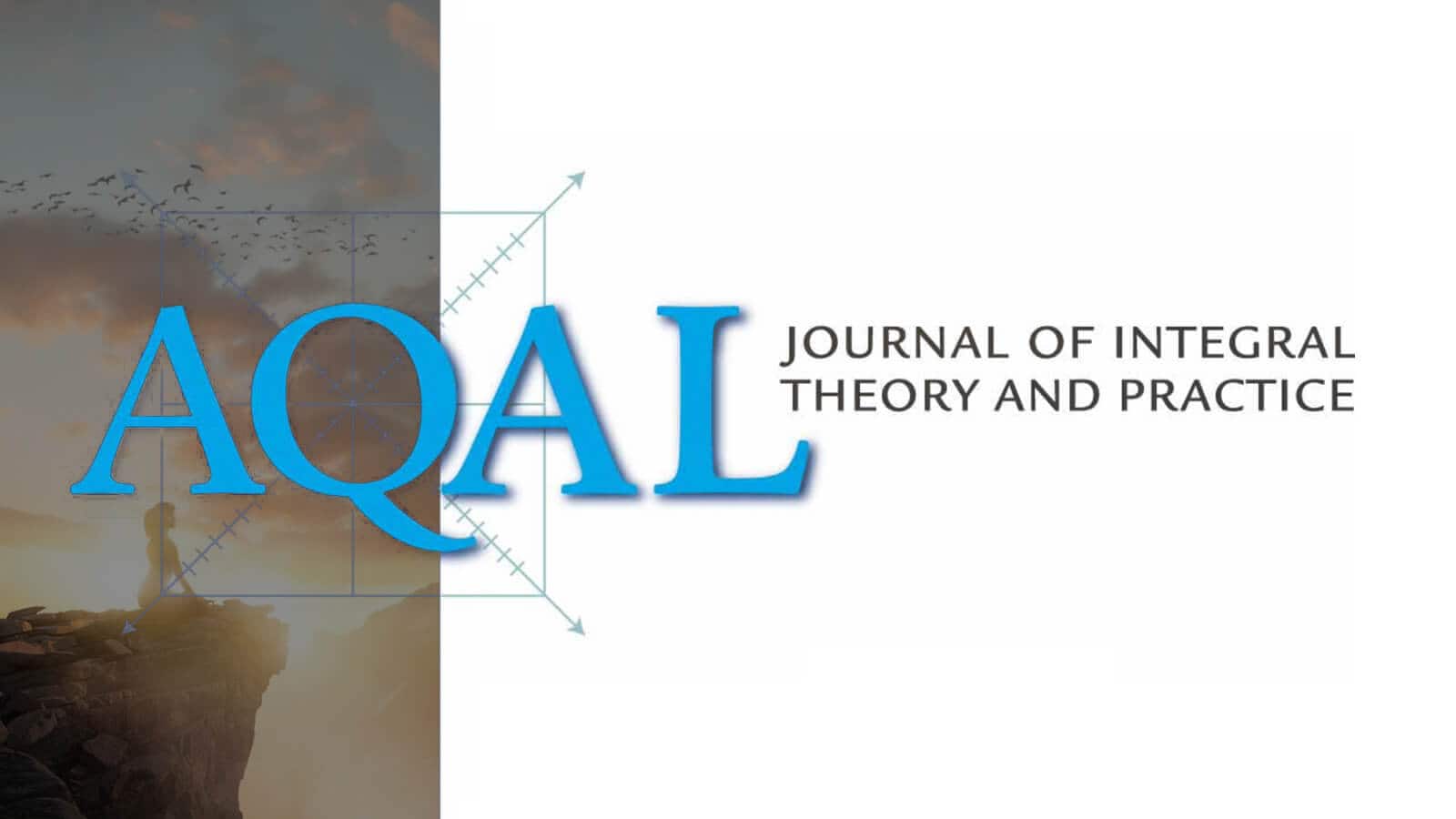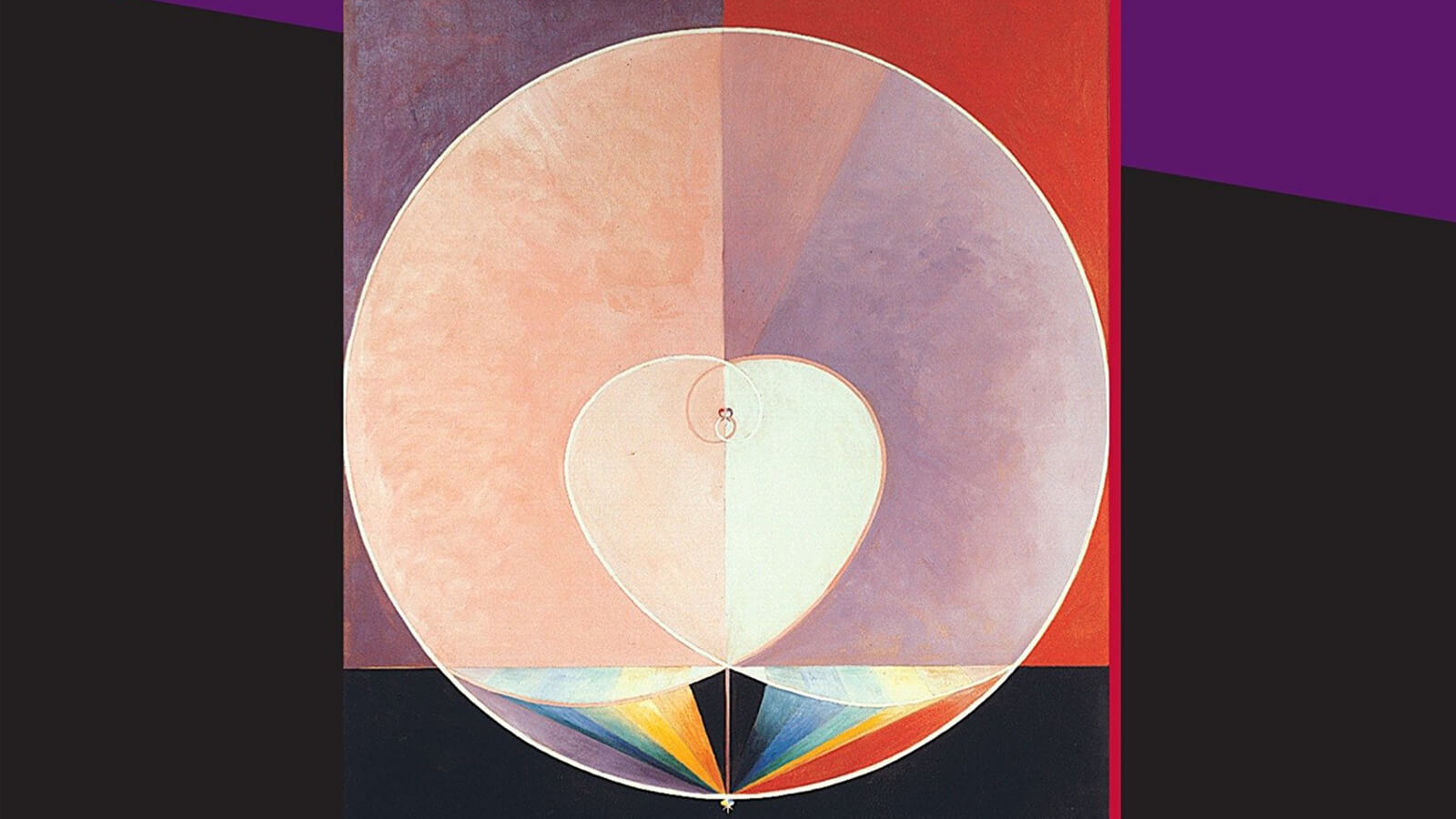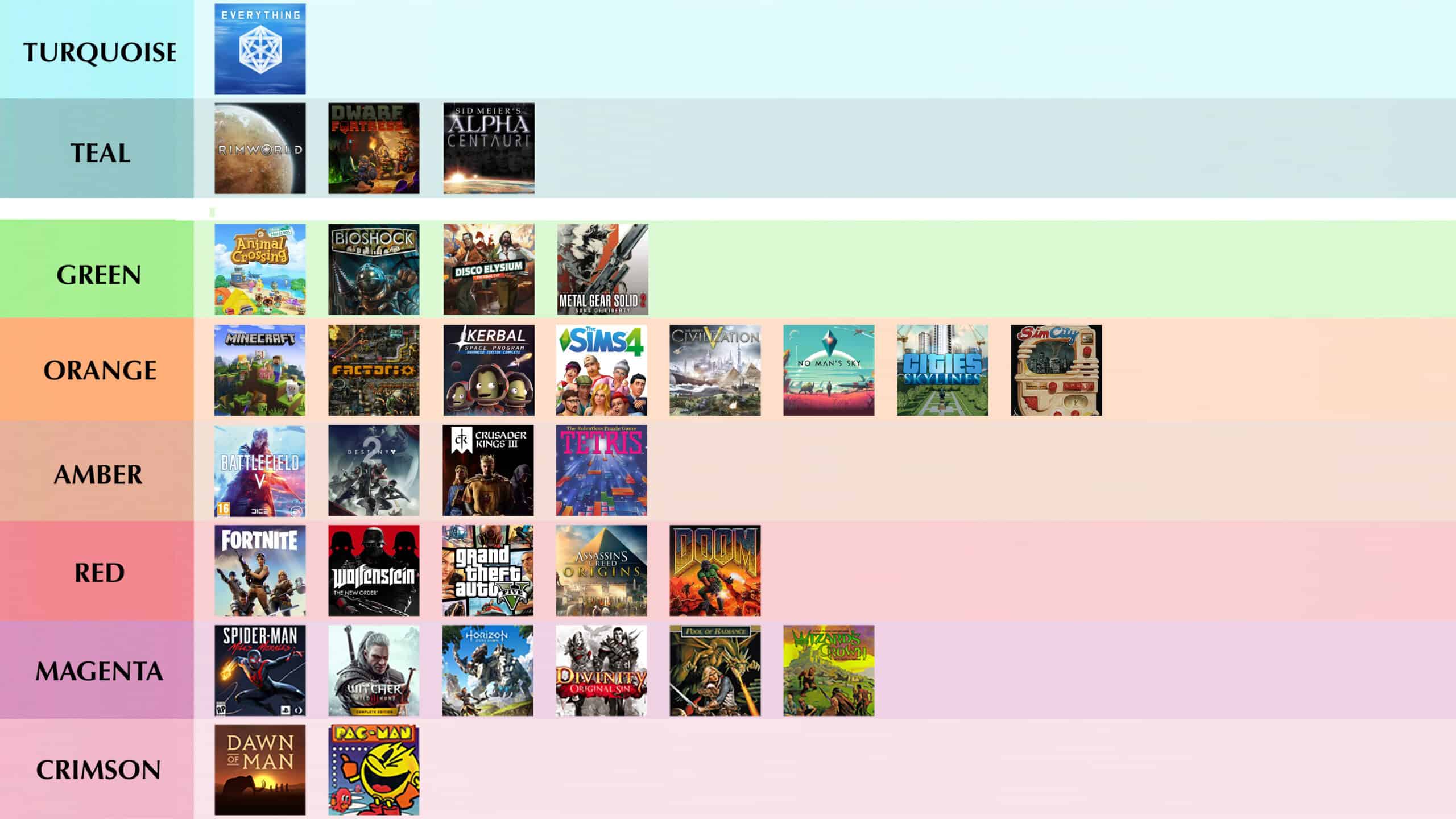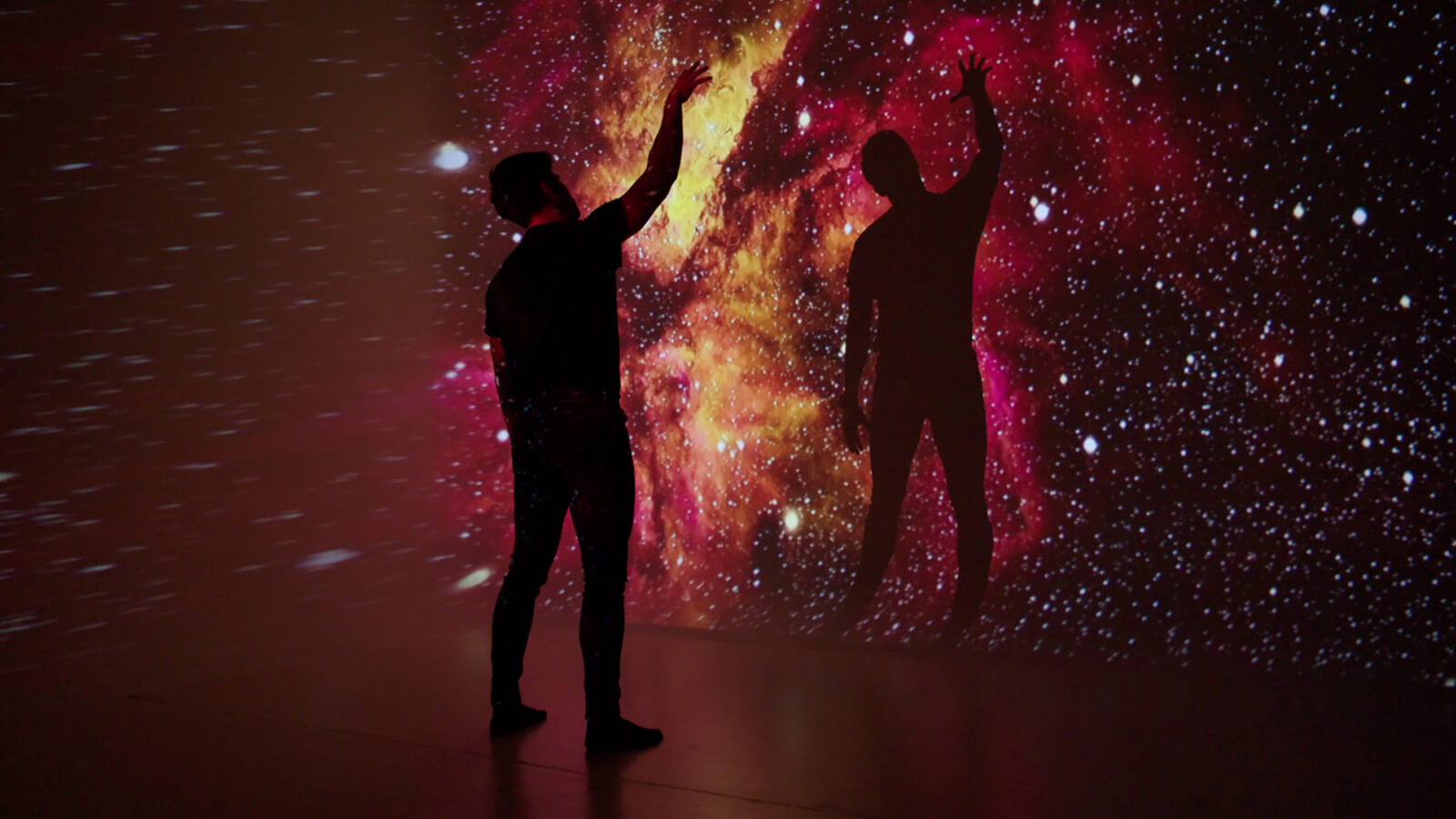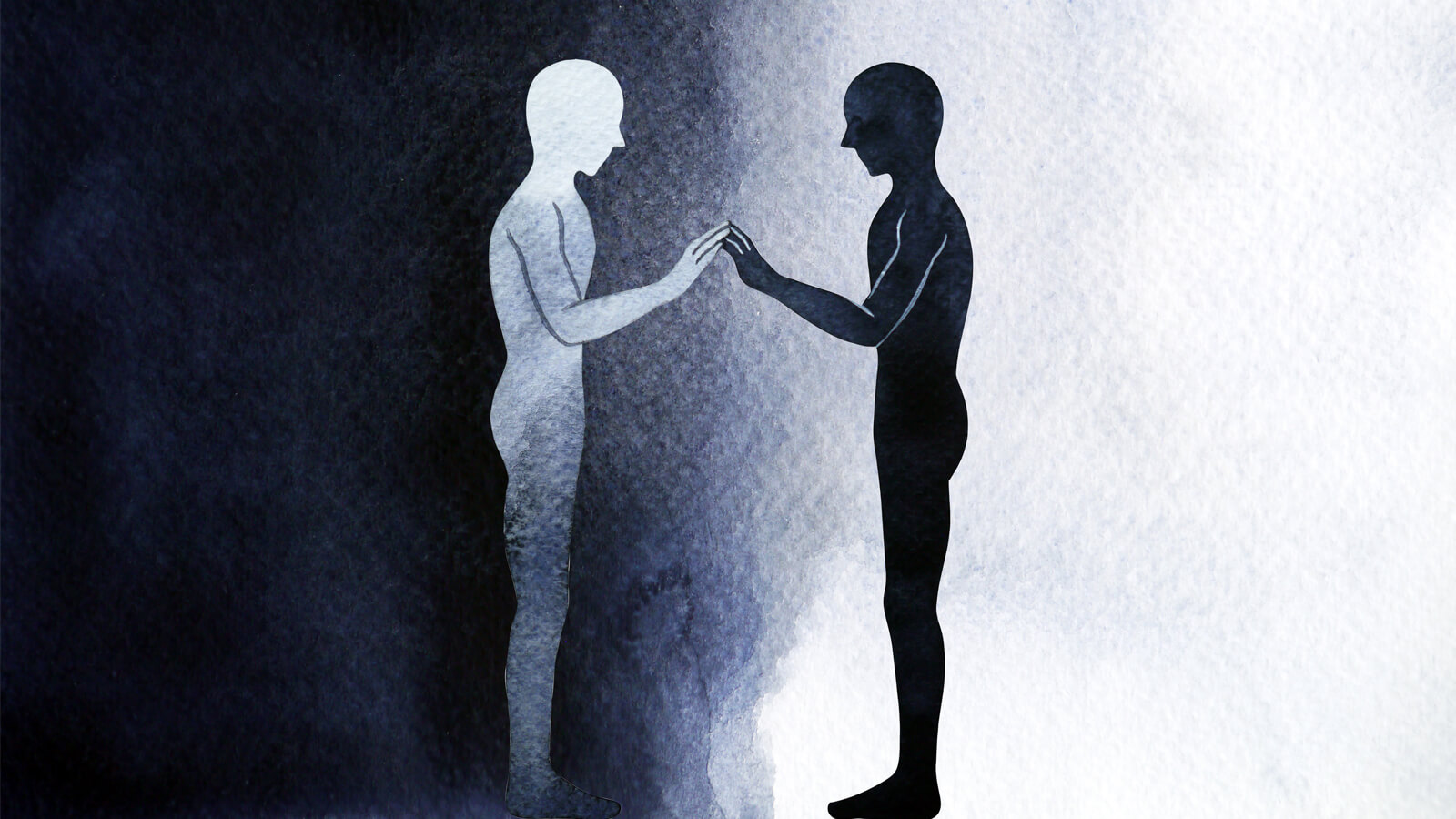Keith Martin-Smith and Alexander Love explore Terry O'Fallon's STAGES model of human development, focusing on the rarely-discussed MetAware tier where transpersonal awareness becomes a structural feature of consciousness, leading to the dissolution of boundaries and recognition that all meaning is constructed.

Integral Basics
“An integral approach is based on one basic idea: no human mind can be 100% wrong. Or, we might say, nobody is smart enough to be wrong all the time. And that means, when it comes to deciding which approaches, methodologies, epistemologies, or ways or knowing are “correct,” the answer can only be, “All of them.”“
– Ken Wilber
This is the place to start. Whether you’re new to Integral or returning for a refresher, this collection is your doorway into how Integral Theory works and what Integral Life is really about, with core teachings from Ken Wilber himself, Jeff Salzman, Corey deVos, Roger Walsh, and others.


 October 17, 2025
October 17, 2025 